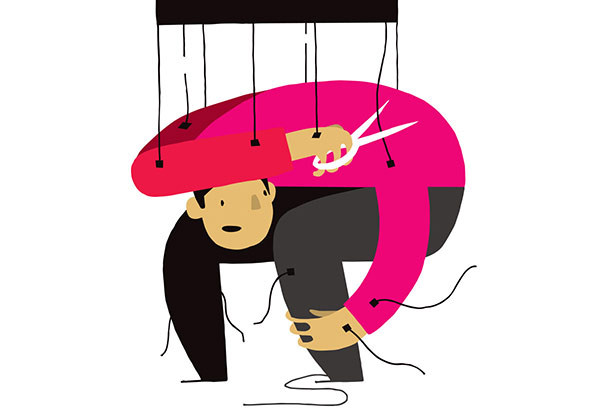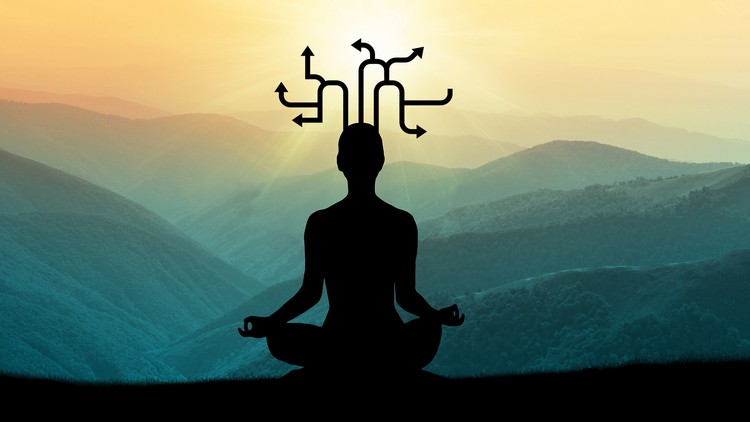 I’ve been thinking about it for a while and finally pulled the trigger. I killed my Facebook account after 8 long years.
I’ve been thinking about it for a while and finally pulled the trigger. I killed my Facebook account after 8 long years.
At first, the idea of Facebook was intriguing, even exciting. After leaving college and being out in the real world, I had lost track of many people from my earlier years. Even later, when I switched jobs, I lost track of people that I had considered to be friends and it kind of made me a little bit sad. But Facebook offered me the opportunity to “connect” with my long lost brothers and sisters; I could catch up with their lives without actually being a part of them. This was extremely satisfying for a while.
However, circumstances, and people, change.
At first, I was able to ignore the mundane daily postings telling me that this friend was at some gym in Maryland or this other friend was eating at a new Spanish restaurant somewhere in Georgia. Sharing is caring, I thought.
And I was also able to ignore the ever-growing number of “Repost this if you care” posts. It’s not that I don’t care about Suicide Awareness, it’ just that I don’t care enough to forward it on the first time or even the millionth.
Then came the invites to parties or other events. I can’t count the number of invitations that I was “Not Interested” in, but there was a multitude, for sure. And I’m not sure why anyone would think I would be interested in attending a “Civil War Re-enactment Party”. If you know me, then you would also know that that is not my bag. Kudos to you if it’s yours.
And, let’s not forget all the memes that everyone took literally. I hardly believe Jean-Luc Picard said one-quarter of the shit people attribute to him. And, to me, it’s highly unlikely that either Boromir or Inigo Montoya have an opinion on everything. But, hey, there are pictures with quotes, so it must be true.
I tried to up the ante and provide links to TED talks or other videos of smart people talking about deep questions, philosophical subjects such as metaphysics, ethics and existentialism, but they fell on mostly deaf ears. I guess my “friends” don’t really want to think that hard when there are some cute kitten videos to be seen.
Let me tell you a secret: announcing deeply personal items on social media should totally remove any expectation that it is still personal. You are turning your own tragedy into a plea for “thoughts and prayers”. It’s like sending an email out to 400 people and watching them all hit “Reply All”. It loses its efficacy as a personal, intimate communication and metamorphisizes it into a “Tragedy Party” where everyone you know is invited including the people that are friends of friends. Personally, I would appreciate a call or text from you so I can give you first-hand empathy rather than respond with a few sad-face emojis.
I appreciate the birthday wishes, but sometimes I wonder if you only do it because it pops up in your alerts and you just want to clear the notification. Maybe that’s my cynicism showing, but maybe not. I do know that you aren’t watching me blow out the candles on my cake unless someone takes a video of it and posts it. Not the same. But, a birthday text message or a call is simply awesome. Really, it is.
Ok, I get that you like to take a lot of pictures. I’m not really interested most of the time. There have been a few that I enjoyed, but those pictures normally don’t have you in them. Thanks to all of you that have posted pictures of the Rockies, Africa and other exotic places. Those have been much appreciated.
But, of all the reasons I have for quitting Facebook, it has to be the politics. Yes, I am a hypocrite because I have posted my share of partisan bickering, but it really has gotten out of hand. Worse yet, some of the stuff that has been posted was done so just to piss off people with differing ideologies. It’s just simply mean and unnecessary and does little to advance the discourse.
That’s what we’ve become – people who need to hide behind software in order to have meaningful conversations or to share our personal tragedies/triumphs. We are deluded into thinking that the more “Likes” we have, the more we are liked, that the more “friends” we have, the popular we are. When we share our thoughts on social media, we actually expect others to listen and comment, yet, in real life, the actual percentage of Facebook “friends” you see every day, or week or even once a month, is probably minute in comparison to the people that you do see every day. In my Friends list, there were actually people I never even met face to face, and I bet I am not unique in that regard. That doesn’t mean that those folks don’t have the potential of being really important in my life, yet I’ve allowed Facebook to be the determinator of how I interact with them. I basically have accepted our partial anonymity as a replacement for true friendship.
You might think that I disconnected because of the current political climate and the advertisements that run on Facebook. Maybe it was because of Mark Zuckerberg’s recent interview on Fox News that turned me off, but I think that’s only part of it. I’ve been contemplating this move for a long time now because, unfortunately, Facebook stresses me out. Sad to say, but it does. BBC asked the question, “Is Social Media Bad for You?” and while there were some unknowns, there was still plenty of evidence that suggested that social media had negative effects including depression, anxiety and poor sleep patterns. For some, it can be very unhealthy for your mental state. I have to admit that I am one of those people, so the choice to disconnect was clearly the right thing and I should have done it much sooner.
Disconnecting from Facebook may ultimately turn out to be an experiment that fails. At some point, I may have to accept defeat and go back to it in order to have any social interaction, but I hope not. I hope that others follow me as I have followed many before me. We shall see.






